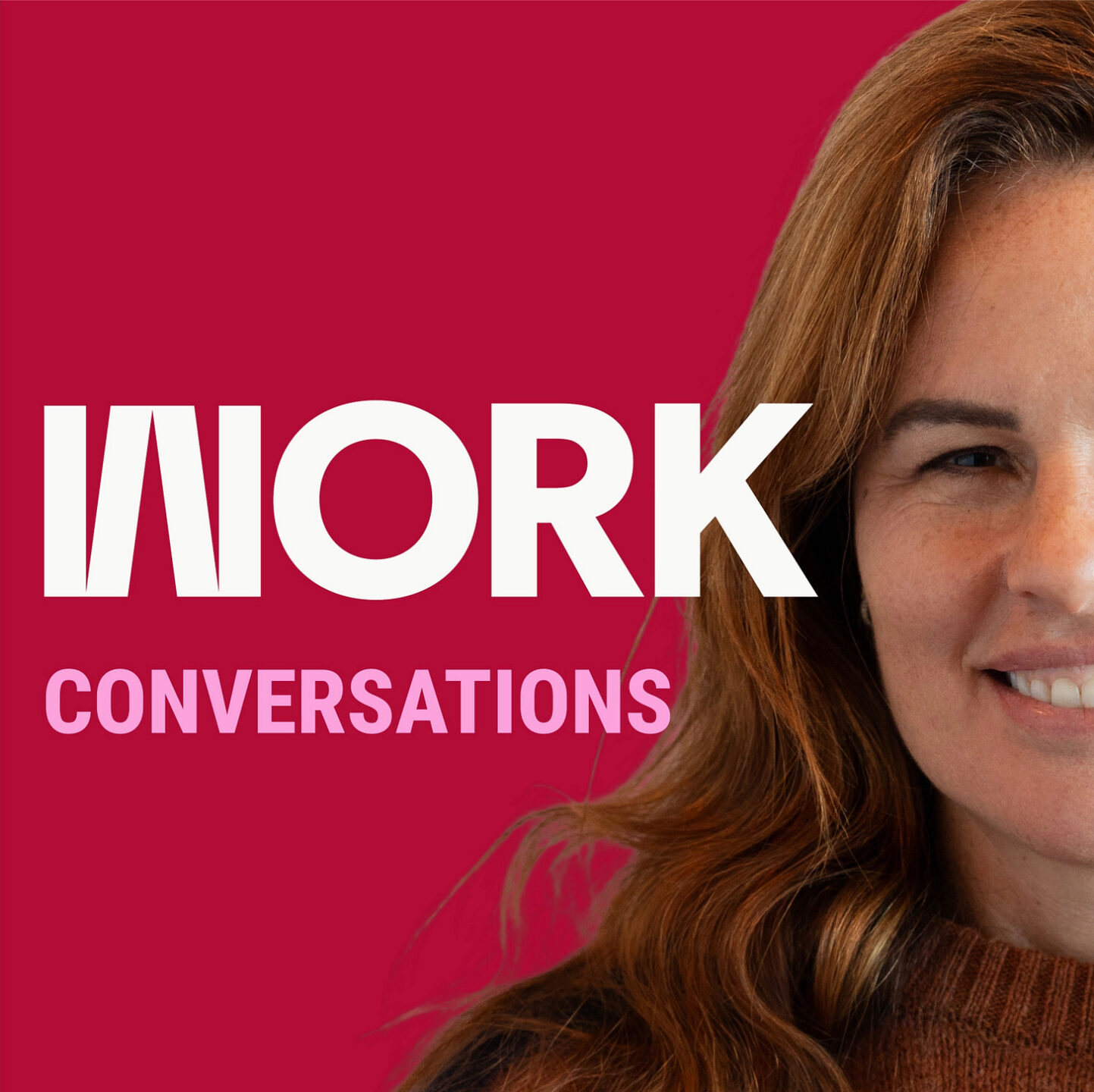
Erika Ayers Badan: What Do You Want?
Please meet Cynthia Pong. She came to me by way of super-connector and personal board director an occasional SVU actor, Sarah Storm. Cynthia Pong packs…
Thought Leader: Erika Ayers Badan

According to workplace analytics company Visier Inc., around 43% of workers admit to spending more than 10 hours a week trying to “look productive” instead of focusing their time on valuable tasks. Performative activities range from responding immediately to non-urgent emails; attending non-essential meetings; and conducting unnecessary research for projects
Since the shift to WFH in 2020, productivity theatre has become a growing issue. As a CEO and advocate for valuable work — got a book and TED talk on the subject — I‘ve helped clients like Novartis, Fidelity and Google shift away from performative spin cycles.
To address this issue with your teams, gather everyone for a session around the topic of valuable work. On a virtual or physical whiteboard, draw a line down the center and divide it into two columns. For the left side of the board, ask people to identify behaviors or activities that could be classified as attempts to “seem busy” or “look productive.”
If you’re met with radio silence, offer up an example like “spending excessive time on admin tasks” or “regularly sending late-night and weekend emails.” Rather than calling out specific people or teams, encourage participants to focus on naming as many performative behaviors as possible.
Once the list contains a dozen or more examples, add any additional instances of faux productivity that you or other leaders have observed. From here, ask the group to vote on the three performative behaviors that are most problematic — and why. In other words, which three of these habits prevent our org from performing at our full potential? Keep discussing until you’ve got consensus; then circle the top three items and erase all the others.
Solutions that have come from these sessions include “attend meetings only when a Decision Maker is present”; “add NNTR (no need to reply) to the subject line of all FYI emails”; and “initiate a call for any topic that isn’t resolved in three emails.” Capture as many ideas as possible, and if you believe the list is missing any effective countermeasures, add those now.
Once the group aligns on three countermeasures, share your expectation that everybody in this group agrees to embrace these productive behaviors. To encourage accountability, consider communicating the solutions from this session across the company. Circulating these antidotes not only promotes transparency, it will also make the solutions available to areas of the business that directly impact your teams’ ability to perform or deliver.
To unlock true productivity, leaders must be willing to address the issue of performative behaviors with their teams. This exercise provides you with a framework for discussing an awkward topic and explaining why performative tasks hinder productivity in the long- and short-term. By collectively identifying and debating problematic habits, your employees are included — and ideally invested — in the antidote to productivity theatre.
Erika Ayers Badan: What Do You Want?
Please meet Cynthia Pong. She came to me by way of super-connector and personal board director an occasional SVU actor, Sarah Storm. Cynthia Pong packs…
Thought Leader: Erika Ayers Badan
Patrick McGee: Foreign Affairs Best Books of 2025
McGee, a Financial Times journalist, brings his investigative skills to bear on the fascinating history of how, over a quarter century, China and the technology…
Thought Leader: Patrick McGee
Dr. Sanjay Gupta: How to Identify Medical Misinformation
As a practicing neurosurgeon and CNN’s chief medical correspondent, Dr. Sanjay Gupta can spot false health claims from a mile away. Still, he recently became…
Thought Leader: Sanjay Gupta

